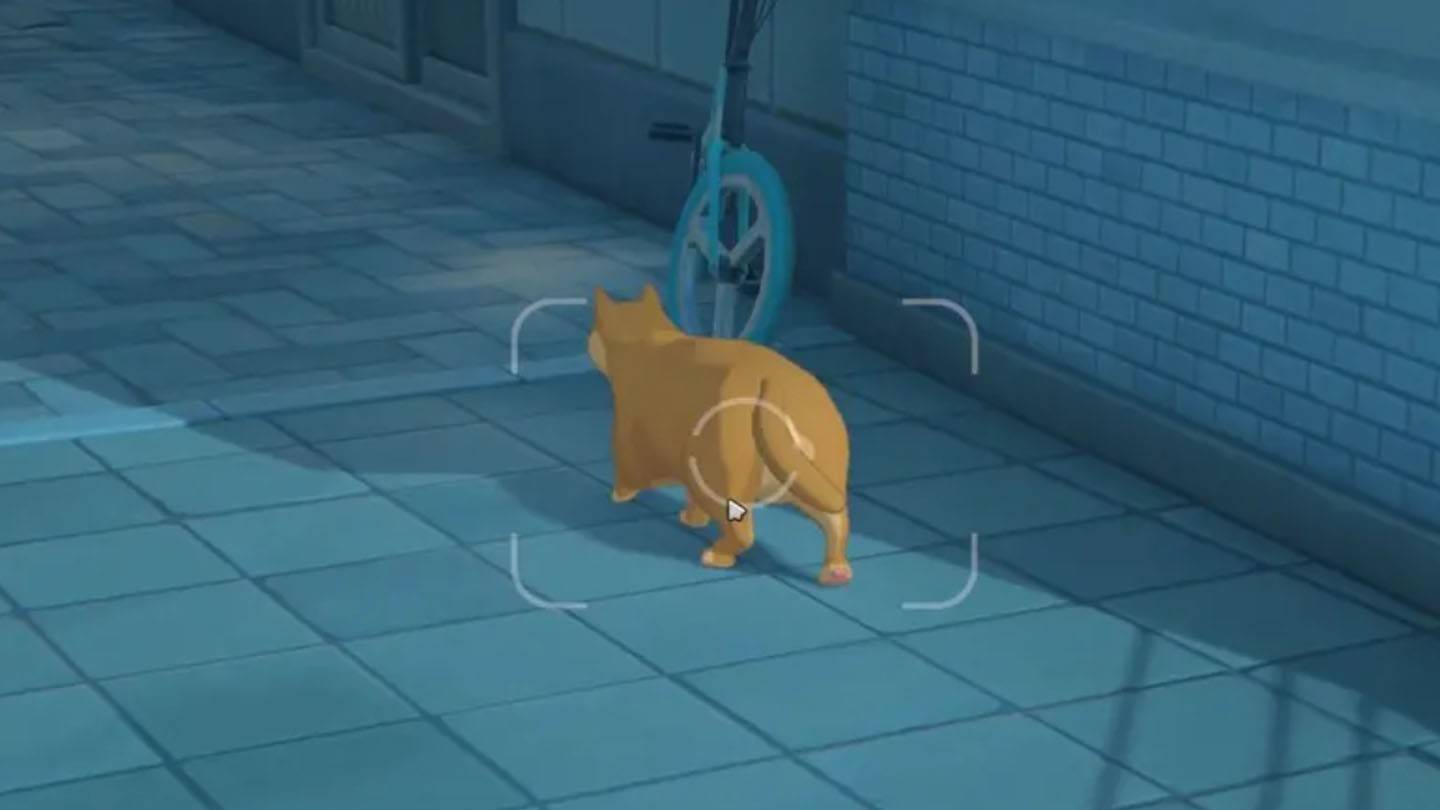Ask most gamers who experienced the Xbox 360 era, and despite the infamous Red Ring of Death, they'll likely share fond memories. Among those, *The Elder Scrolls IV: Oblivion* stands out vividly for many, including myself. Back then, I was part of the team at Official Xbox Magazine, and while *The Elder Scrolls III: Morrowind* on Xbox didn't quite captivate me, *Oblivion*—originally slated as a launch title for the second Xbox—did so from the start. The magazine dedicated multiple cover stories to *Oblivion*, showcasing stunning screenshots that left everyone in awe. I eagerly took every opportunity to visit Bethesda in Rockville, Maryland, for these stories.
When it came time to review *Oblivion*, a period when exclusive reviews were the norm, I jumped at the chance once again. I returned to Rockville, spending four glorious days in a Bethesda basement conference room, immersing myself in the expansive world of Cyrodiil. Before heading back home, I had already logged 44 hours of gameplay on a submission build using an Xbox 360 debug kit. This led to *OXM*'s 9.5 out of 10 review of *Oblivion*, a score I stand by to this day. The game was a masterpiece, with engaging quests like the Dark Brotherhood and hidden gems like the unicorn that made it unforgettable. Even though I had to restart my journey with the retail version, I dove back in and added another 130 hours to my playtime without hesitation.
The Elder Scrolls IV: Oblivion Remastered Screenshots
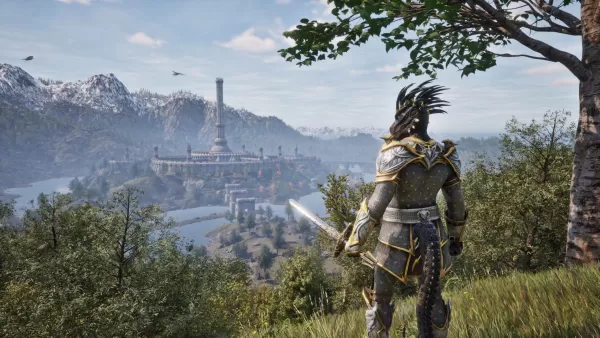
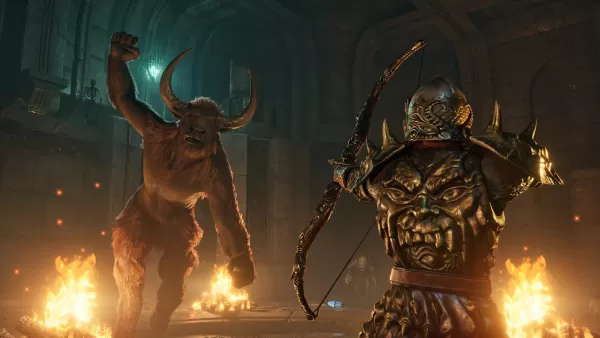 View 6 Images
View 6 Images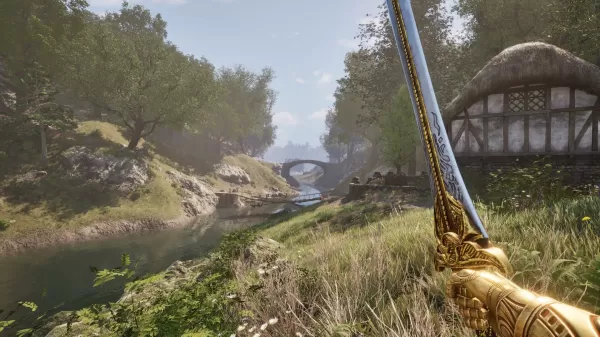
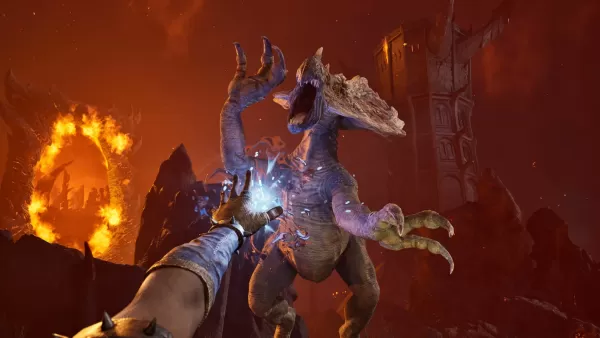
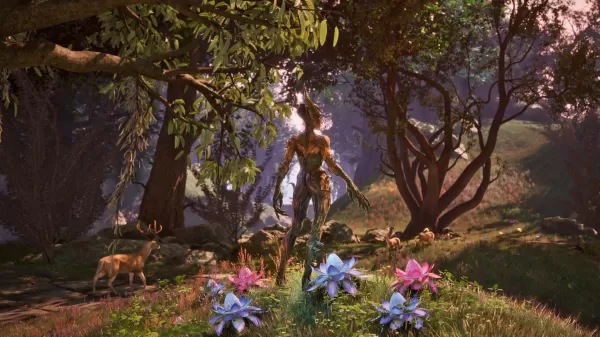
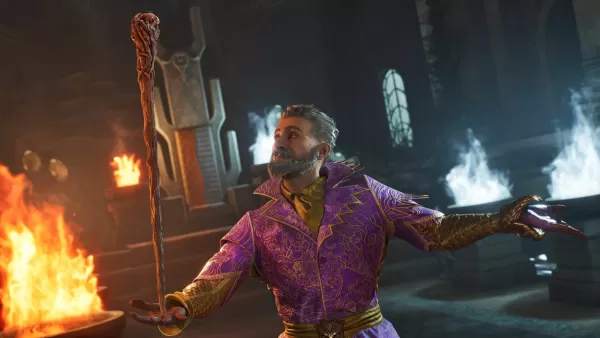
The excitement of *Oblivion*'s remaster and re-release on modern platforms is palpable, especially for me. For the younger generation who grew up with *Skyrim*, this remastered version is their first "new" mainline *Elder Scrolls* game since *Skyrim* debuted over 13 years ago. As we all eagerly await *The Elder Scrolls VI*, which is still likely years away, this remaster provides a fantastic opportunity to experience or revisit a classic.
While I doubt *Oblivion* will have the same impact on new players as it did for me back in March 2006, it's worth noting that the gaming landscape has evolved. Games like *Fallout 3*, *Skyrim*, *Fallout 4*, and *Starfield* have built upon *Oblivion*'s foundations. The remaster, while visually improved, doesn't stand out as dramatically as it did in 2006, when it was a pioneering next-gen title. Remasters aim to bring older games up to modern standards, unlike full remakes such as *Resident Evil* that start from scratch and aim to match or exceed current visual benchmarks.
AnswerSee Results*Oblivion* was the perfect game at the perfect time, leveraging HD televisions to offer a broader, more detailed open-world experience. It was a revelation for console gamers accustomed to lower resolution displays. Before *Oblivion*, *Fight Night Round 3* by EA had similarly dazzled with its graphics, setting the stage for what was to come.
My memories of *Oblivion* are rich with exploration and adventure. For newcomers, I recommend either rushing through the main quest or saving it for last to fully enjoy the game's world without the constant interruptions of Oblivion gates.
The technological leap from *Morrowind* to *Oblivion* might be a once-in-a-lifetime experience, though perhaps *The Elder Scrolls 6* will bring similar innovation. Yet, even if *Oblivion Remastered* doesn't offer the same stark contrast to *Skyrim* as it did in its original form, the fully realized medieval fantasy world of *Oblivion* remains my favorite in the series. Its re-release, despite being anticipated, brings back a cherished classic, and I am thrilled it's available once again.

